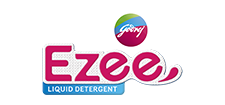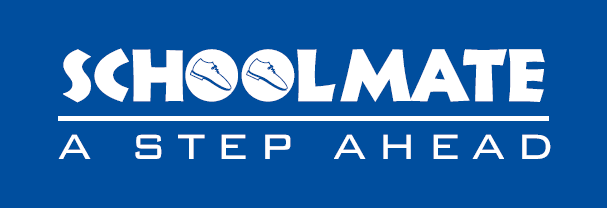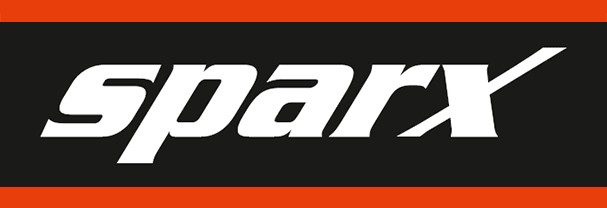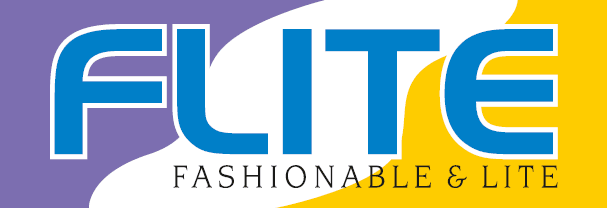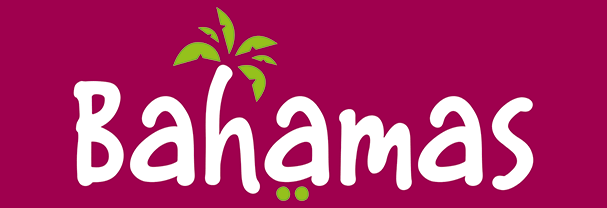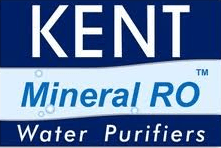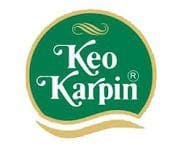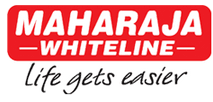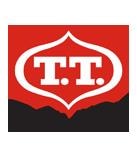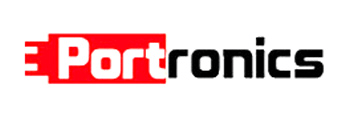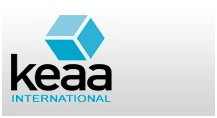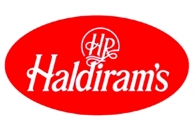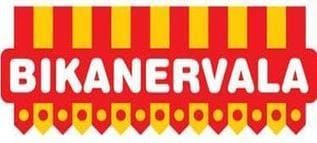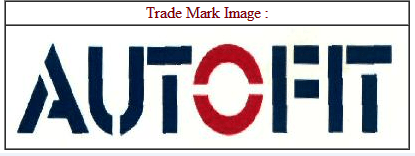Blog
THE IPR DIALOGUE : ‘INDIA’ and ‘US Pharmaceutical Companies’
The recurring cases of US Pharmaceutical giants being denied grant of patents has led to expression of serious concern regarding the protection of intellectual property in India. After the much publicized rejection of patent grant for Novartis’ anti-cancer drug Glivec, another US pharmaceutical company Abraxis BioSciences has been refused the patent for its anti-cancer drug, Abraxane. Due to the unclear status of grant of patent for these US drugs, the monopoly remains in the hand of generic drug makers, whose market is supported by the need for affordable medicines in a country like India but global pharmaceutical companies insist that Indian IPR laws have to be redefined in order to promote innovation. The ‘Guidelines for Examination of Patent Applications in the Field of Pharmaceuticals’ issued by the Indian Patent Controller on February 28, 2014 is under strong criticism from pharmaceutical and Biotech research companies, who have found the guidelines to be biased against the pharmaceutical sector. The guidelines openly suggest that pharmaceutical patents make broad claims and do not follow the criteria of novelty and inventiveness.
While Indian patent laws have put affordability and patients as the priority, the global pharmaceutical companies argue that price control is going to discourage the US pharmaceutical giants from staying in the Indian market, ultimately leading to unavailability of American drugs for Indian patients. The US pharmaceutical companies have expressed their desire to open dialogue with the Indian Government to change the Indian IP protection laws, where provisions of the Indian Patent Act such as Section 3d and Compulsory Licensing have punctured the shields around their innovation. The representatives of US pharmaceutical research companies have agreed to address the issues of cost and availability in India, so that they can function without any hurdles. Despite these attempts to discuss the problem, Indian government has stayed away from the spotlight and not given any answer to the question of controlling the generic drug market and making space for the US drug companies. The US companies have made it clear that they are looking for a settlement with respect to pricing to remain working in India. An approach of tier-based pricing has also been recommended to ensure that the US pharmaceutical sector does not incur major losses. However, the companies are adamant on enforcement of IP protection laws and are not tolerant of their patent applications being refused each time. Clearly, pharmaceutical protection and Indian needs are going to be high on agenda once our government gets into talks with the US government, as the decision to make the US pharmaceutical sector approach India on good terms is long overdue.
Mansi Kwatra
Dated: 14/7/2014
My Caring Brands
Brands and Fakes has aligned the capabilities of the service delivery eco system with the industry verticals, so that the Brands under various industry verticals and sub verticals are able to get services from expertise in their specific domains.
 Android
Android



